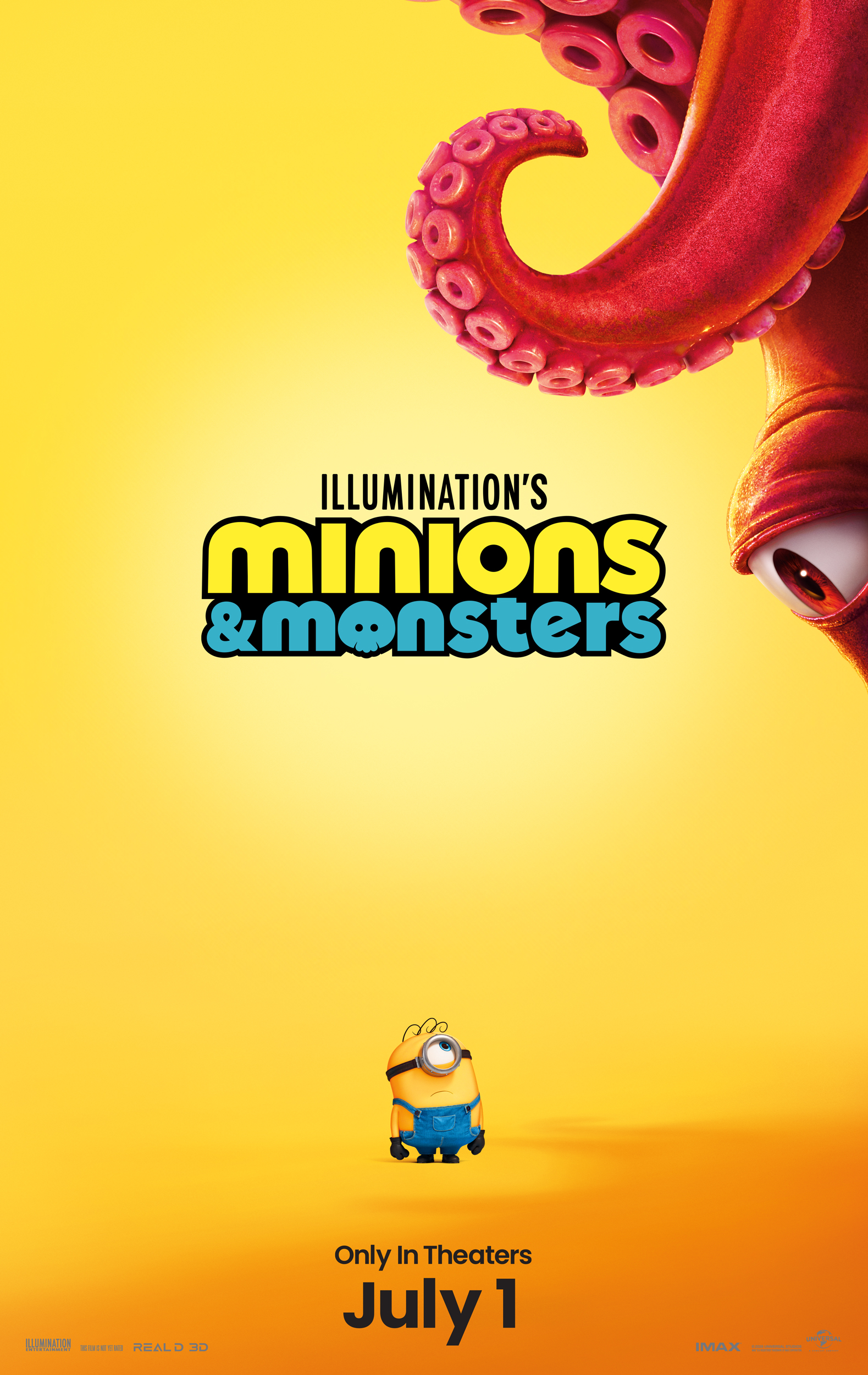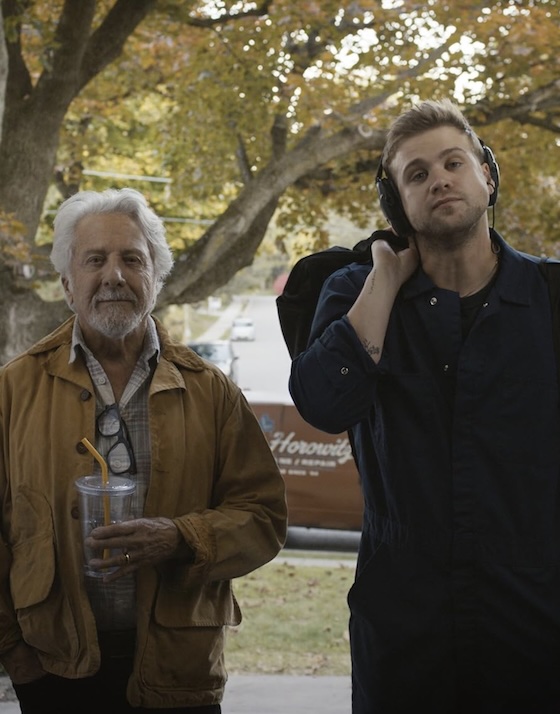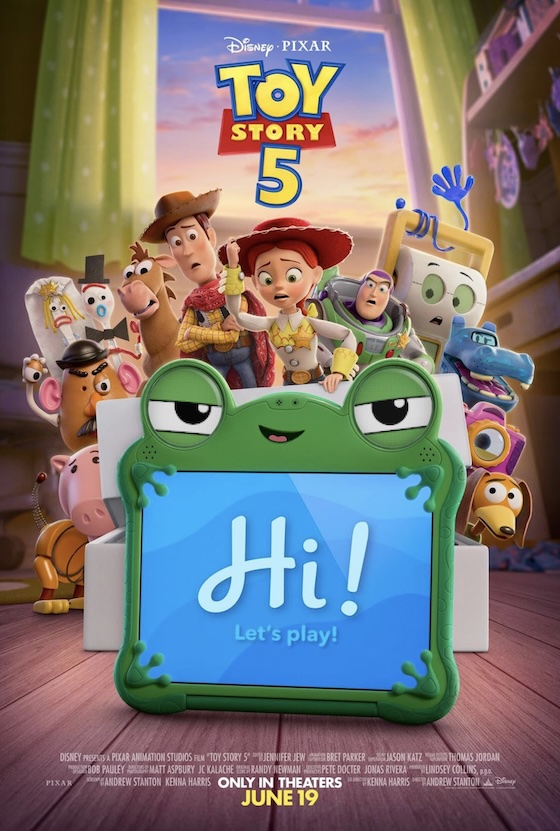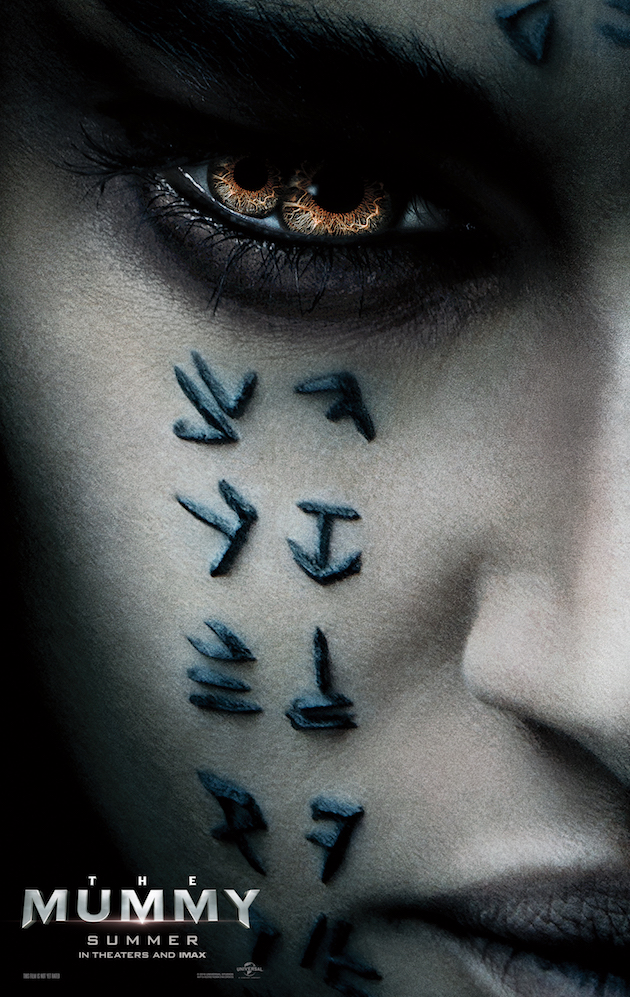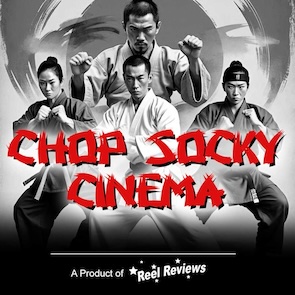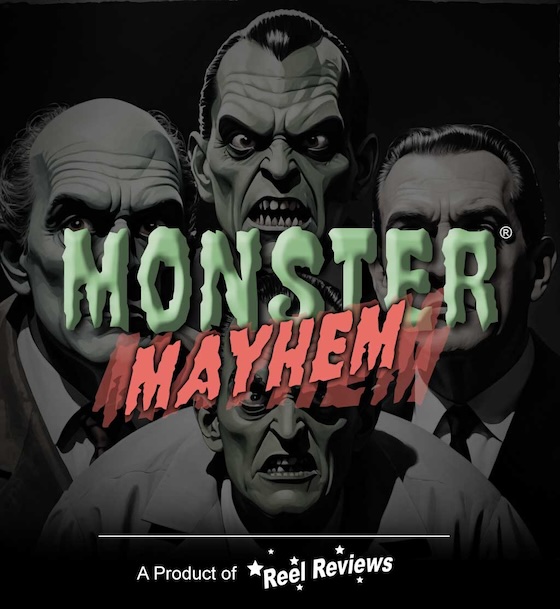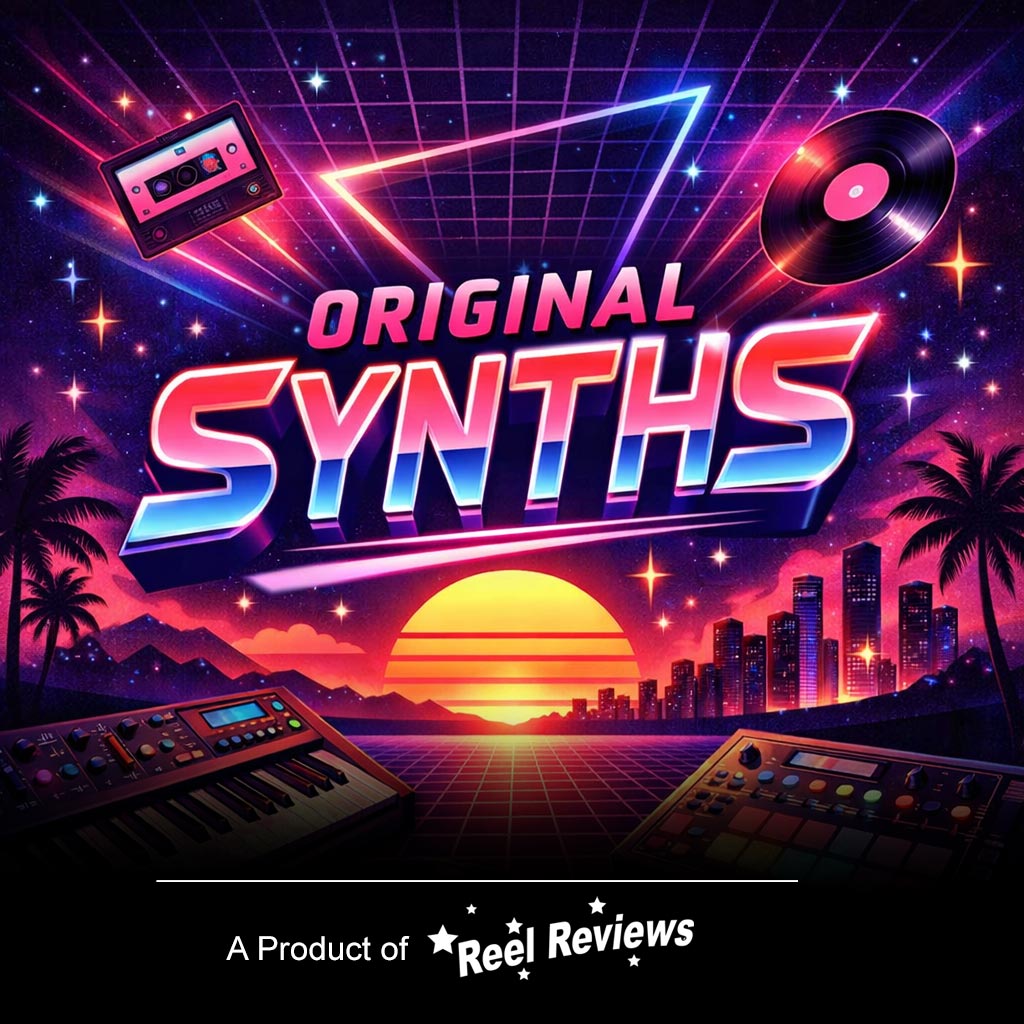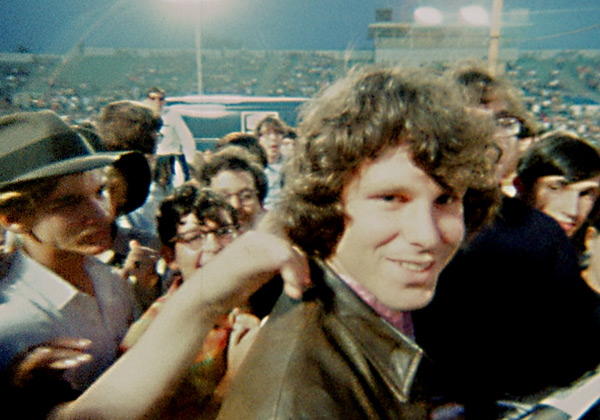
|
It's fitting that a 2010 documentary over The Doors begins with the ambient noise of desert wind and coyotes howling at night, fitting because Jim Morrison's rock star persona is every bit as mysterious and dangerous as a desert voyage into the unknown. It's a dark ride with no sun that the film, aptly titled When You're Strange, takes us on - full of dangerous curves and sudden changes in speed. But then what else could you expect with a documentary over one of the most talked about American bands ever? Morrison was a shaman. He was a poet capable of intelligent verse and rhythm. The world knew him as the wild and mysterious front man of a jazz-meets-carnival-meet-whiskey-soaked-blues sounding band called The Doors. Morrison was also a drunk, a druggie, and capable of uprising a crowd into a violent fury for the sake of his own vanity. Ultimately, what the film portrays is something Oliver Stone missed nearly 20 years ago with his own film entitled The Doors and that is the fact that Jim Morrison, capable of all of the above and more, was also, sadly, just a man.
With When You're Strange, director Tom DiCillo (the creative force behind Johnny Suede and Living in Oblivion) has assembled from raw, used and unused footage of Morrison, Ray Manzarek, Robby Krieger, and John Densmore a documentary that highlights the life and times of The Doors as it was captured on camera. Some of the footage is private and some, like the concerts and The Ed Sullivan Show performances, is public record and previously released. Yet here, for the first time since Morrison's passing, the footage is combined in such a manner that it actually speaks with narration by Johnny Depp of what The Doors were capable of and the tragedy that quickly befell their front man as a result of his constant need to push himself right to the very edge of the metaphorical stage he was singing upon. Under DiCillo's direction and editors Micky Blythe and Kevin Krasny guiding hands, the raw footage and narrations restores the purpose and corrects the history of a band that continues to sell records, all the while providing social context that gave the band its meaning.
DiCillo's film is being labeled, by the surviving members of The Doors, as the â"anti-Oliver Stone" version of their history (as they were all greatly displeased and downright pissed at Stone's false portrayal of Jim Morrison courtesy of Val Kilmer). For fans of The Doors, the movie is a welcome relief as it manages to capture the purity and power of the music while being fair with the treatment of Morrison. Certainly, this movie will recruit new members to The Doors Fan Club, but that's not its purpose; the film doesn't shy from Morrison's behavior on and off stage; however, it does depict the brotherhood behind the scenes that to this day remains.
Some of the film's most powerful scenes are with Morrison hitchhiking and driving around waving at people in passing cars; he is free and immediate and every bit NOT the stoned persona we've come to expect from overused footage. While these scenes are real footage of a now-deceased icon at play, it somehow aided with Depp's poetic narration - manages to project Morrison's persona into an atmosphere of immediacy and creates an urgent sense to his presence; it's suddenly easy to see why so many people were drawn to him. The man has charisma tenfold and his shy lizard-like ways are deftly intriguing to the point of making a 90-minute documentary seem effortless and all-too-quick with its ending when it's time for Morrison to open his own doors of perception and slip into the next world. He was, after all, only 27...
The other members of The Doors get their time in the California sun, too. There is footage of Densmore early in his drumming career at play with jazz beats and later carrying the backbeat of the roadhouse blues. There is footage of Krieger on slide guitar, demoing a raw version of "Light My Fire" and even some unseen footage of a young Manzarek at UCLA Film School and, later, on the keys laughing at Morrison. There is recording footage of each and every album - with all the members together and laughing at themselves. Yet, the surviving members of The Doors know this film exists because of Morrison; because of what he did to the rock scene; because of his words; because of how he continues to inspire the world he left behind; because of the immortal brotherhood that exists between them even today.
{pgomakase}

